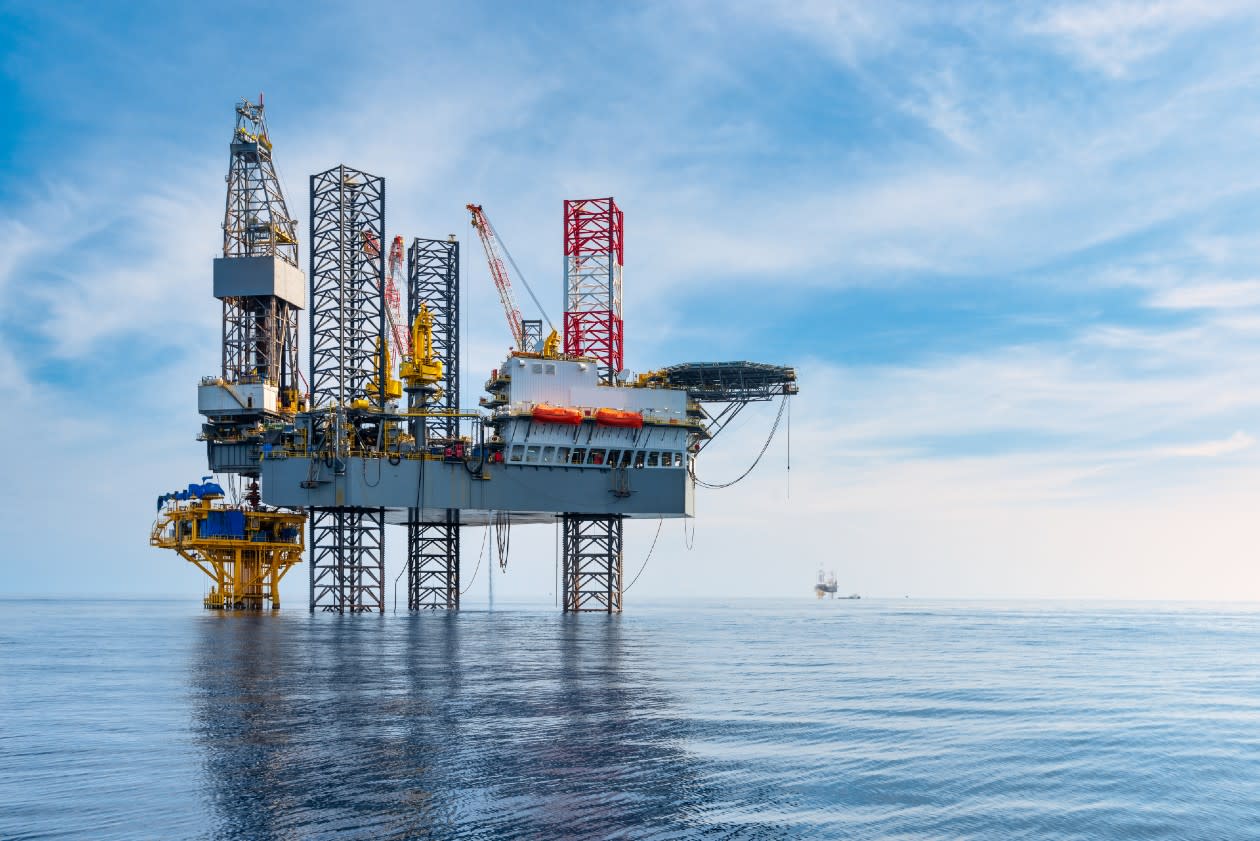Oil prices have had a rollercoaster ride over the past few years, soaring in the wake of the invasion of Ukraine, and then fluctuating since.
As recently as April, the ‘black gold’ was back up to above $86 a barrel, although it’s fallen since.
This article and our podcast aren’t personal advice. If you’re not sure what’s right for you, please ask for advice. Investments can rise and fall in value so you could get back less than you invest.
What’s driving the price rises for energy?
Global energy prices for gas, electricity, oil and other fuels started to rise from summer 2021 when economies began opening back up after lockdowns. The prices then spiked after Russia launched a full-scale invasion of Ukraine in February 2022.
Wholesale prices for gas and electricity reached new record highs in the UK, Europe and elsewhere during this ‘energy crisis’ and still haven’t returned to their earlier levels.
Since the summer of 2023, energy prices have fallen and are due to fall again in July – but it’s still a painful time for households as they will still be well above the pre-crisis levels. To make matters worse, prices are forecast to increase again in the autumn.
Prices at the pumps also are hard to predict. Typically, lower oil prices lead to lower prices on forecourts. But oil producing countries often act in agreement to push up prices on world markets.
Members of the powerful oil cartel, the Organisation of the Petroleum Exporting Countries (OPEC) and its allies met earlier this month and agreed to extend broad production cuts. This is an attempt to boost prices which had been hovering around three-month lows.
In our latest episode of the Switch Your Money on Podcast, we spoke to Simon Williams from the RAC.
He said the retailers were also helping to keep prices up.
“Years ago we would spot the wholesale prices coming down by around 4p a litre… we would call for a cut, and then one of the supermarkets would actually cut the price. Now they just stand very strong and refuse. There’s never been more transparency of pricing. Yet the competition between retailers isn’t really working.”
More recently, the oil price has been weighed down by speculation of lower demand amid record US production output. Worries have been swirling about lower demand in China, and also concerns that if interest rates stay higher for longer in the US, it will lower energy requirements in the US.
Weaker demand also has implications for the big energy giants as well, with BP reporting lower profits amid the weaker oil price.
In the long-term, the transition away from oil and gas will have an impact too.
We also spoke to Seb Beloe of WHEB Asset Management, and he told our podcast that this is already underway.
“This is not about the future. This is already happening today, and of course the companies that are enabling that to happen are, in many cases, listed businesses we can invest in.”
There’s an awful lot to keep an eye on in this sector. So despite periodic oil price peaks providing the potential for profits, there’s still a fair number of challenges, and opportunities for investors.


